
The disturbing connection between soda and long term health damage
For many people, soda is more than just a drink; it is a daily habit, a quick energy boost, or a comfort on a stressful day. Colorful cans and sweet bubbles make it seem harmless, even fun. However, behind the bright packaging hides a disturbing connection between soda and long-term health damage. When you look past the advertisements and examine what happens inside the body, it becomes clear that frequent soda consumption is far from innocent.
First, soda is loaded with added sugar. A single can can contain more sugar than the maximum daily amount recommended by many health organizations. When you drink that sugar, it rushes into your bloodstream very quickly because there is no fiber to slow it down. Your blood sugar spikes, and your pancreas responds by releasing a large amount of insulin. Over time, these repeated spikes and crashes can make your cells less sensitive to insulin, which is one of the key steps toward developing type 2 diabetes. Many studies have found that people who drink sugary soda regularly have a significantly higher risk of diabetes compared to those who rarely drink it.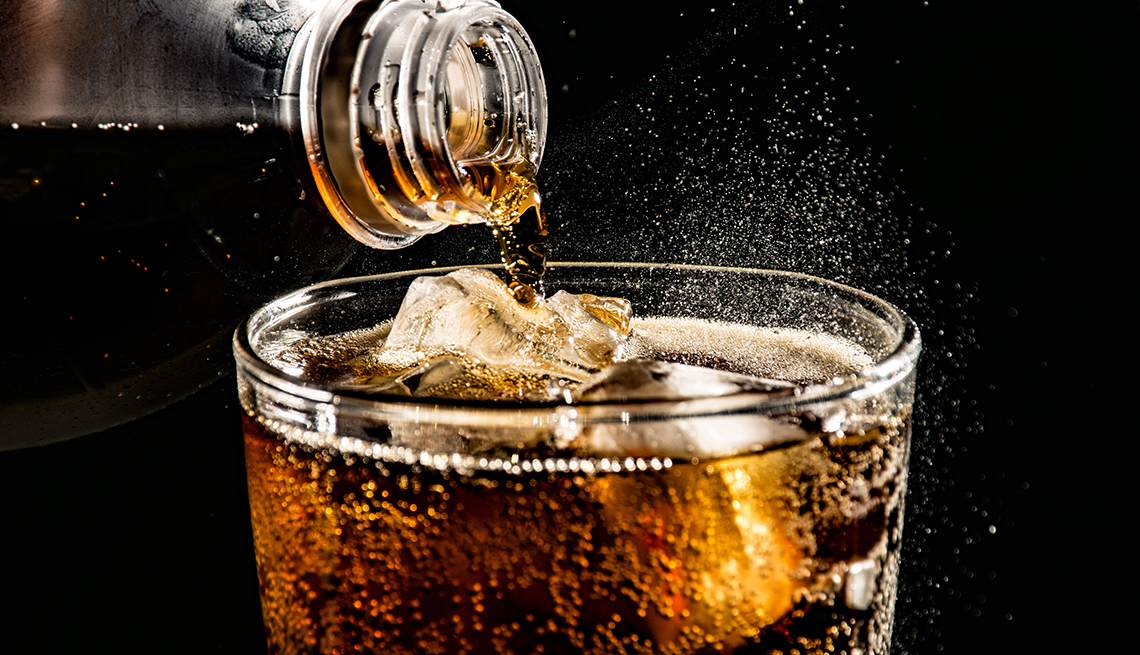
The effects do not stop there. Excess sugar from soda is easily stored as fat, especially around the abdomen. This type of fat, called visceral fat, surrounds the internal organs and is strongly linked to heart disease, high blood pressure, and high cholesterol. People often think of soda as “liquid calories,” but the real problem is that these calories do not make you feel full. You can drink a large soda and still feel hungry, which means you end up consuming more total calories throughout the day. Over the years, this pattern contributes to weight gain and obesity, both major risk factors for cardiovascular problems.
Soda also damages the body in less obvious ways. The high acidity found in many soft drinks slowly erodes tooth enamel, the protective outer layer of your teeth. When enamel wears away, teeth become more sensitive, more easily stained, and more vulnerable to cavities. Even diet sodas, which do not contain sugar, are often acidic enough to harm your teeth. For teenagers and children whose teeth and bones are still developing, frequent soda intake can lead to dental issues that last into adulthood.
Another concern is bone health. Many sodas, especially colas, contain phosphoric acid. Consuming large amounts of phosphorus without enough calcium can disturb the balance needed for strong bones. Some research suggests that heavy soda drinkers may have lower bone mineral density, making them more prone to fractures and osteoporosis later in life. When soda replaces milk or other calcium-rich beverages in the diet, this effect can be even stronger.
People sometimes switch to diet soda hoping to avoid these problems, but the solution is not so simple. While diet drinks remove sugar, they often contain artificial sweeteners that can affect taste preferences and appetite. Some studies indicate that regularly drinking very sweet diet beverages may keep your brain craving sugary foods, making it harder to adopt healthier eating habits. There are also concerns that long-term use of certain sweeteners may influence gut bacteria and metabolism, though research is still developing.
Perhaps the most troubling aspect of soda’s impact is how normal it has become. Marketing campaigns link soda to happiness, friendship, and celebration. Large sizes are cheap and widely available, making it easy to drink far more than you realize. Children grow up seeing soda as a standard part of meals and parties, setting patterns that are difficult to break later in life.
The good news is that change is possible. Replacing soda with water, herbal tea, or sparkling water flavored with a slice of fruit can dramatically reduce sugar intake and protect long-term health. Cutting back gradually—switching from large bottles to smaller ones, or limiting soda to special occasions—can make the transition easier. Over time, your taste buds adjust, and many people find that they no longer crave the intense sweetness they once enjoyed.
In the end, the disturbing connection between soda and long-term health damage is clear: what seems like a simple refreshing drink can quietly contribute to diabetes, heart disease, tooth decay, and weakened bones. By recognizing the risks and making conscious choices, we can protect our bodies and reserve soda, if we choose to have it at all, as a rare treat rather than a daily habit.
News in the same category


A Powerful Mixture for Cleansing Your Liver (2 Ingredients)

Studies Link Soda To Depression, Kidney Damage, Heart Attacks And Brain Damage

The Plant That Kills Cancer Cells, Stops Diabetes And Boosts Your Immune System!

7 powerful vitamins you need for strong, healthy legs
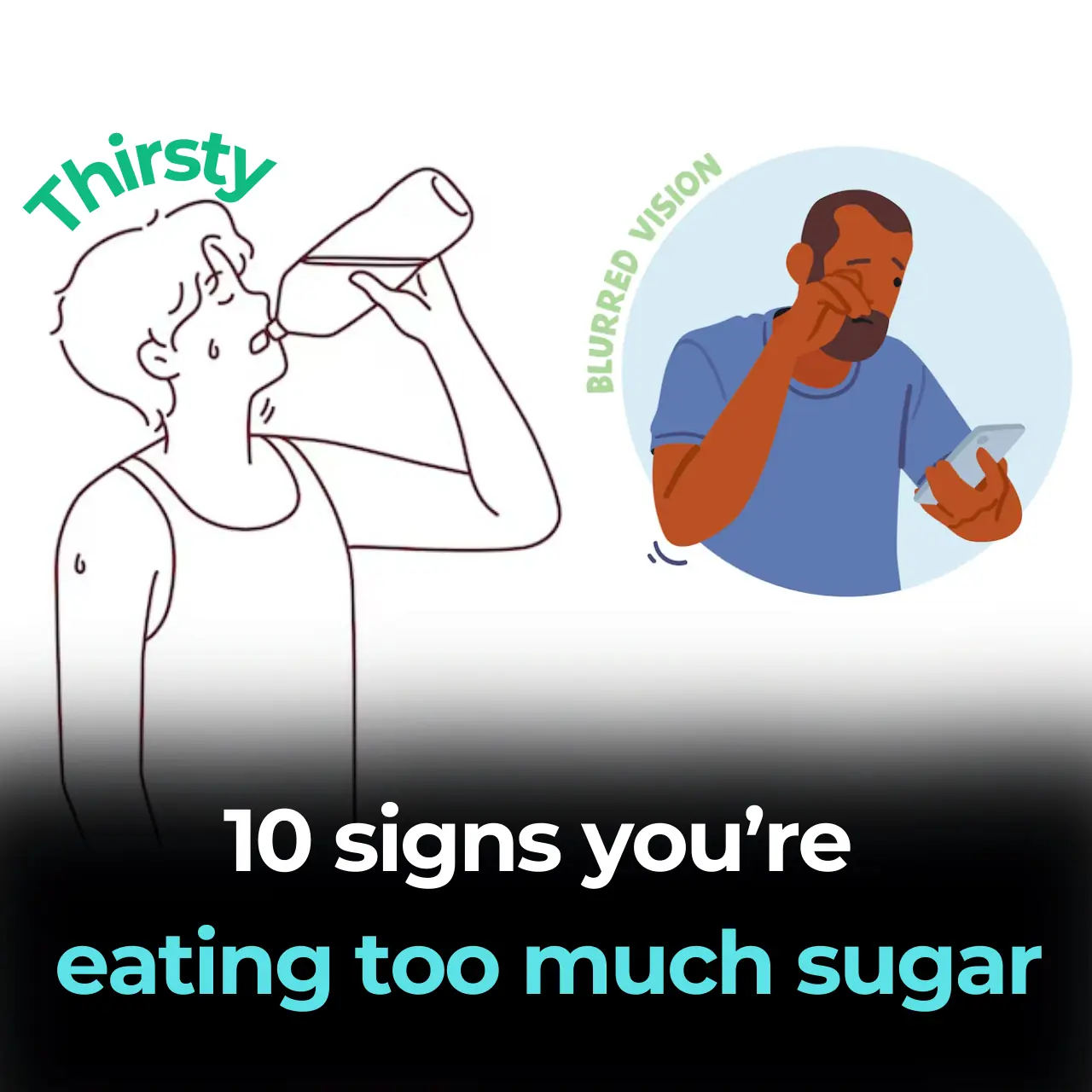
10 signs you’re eating too much sugar
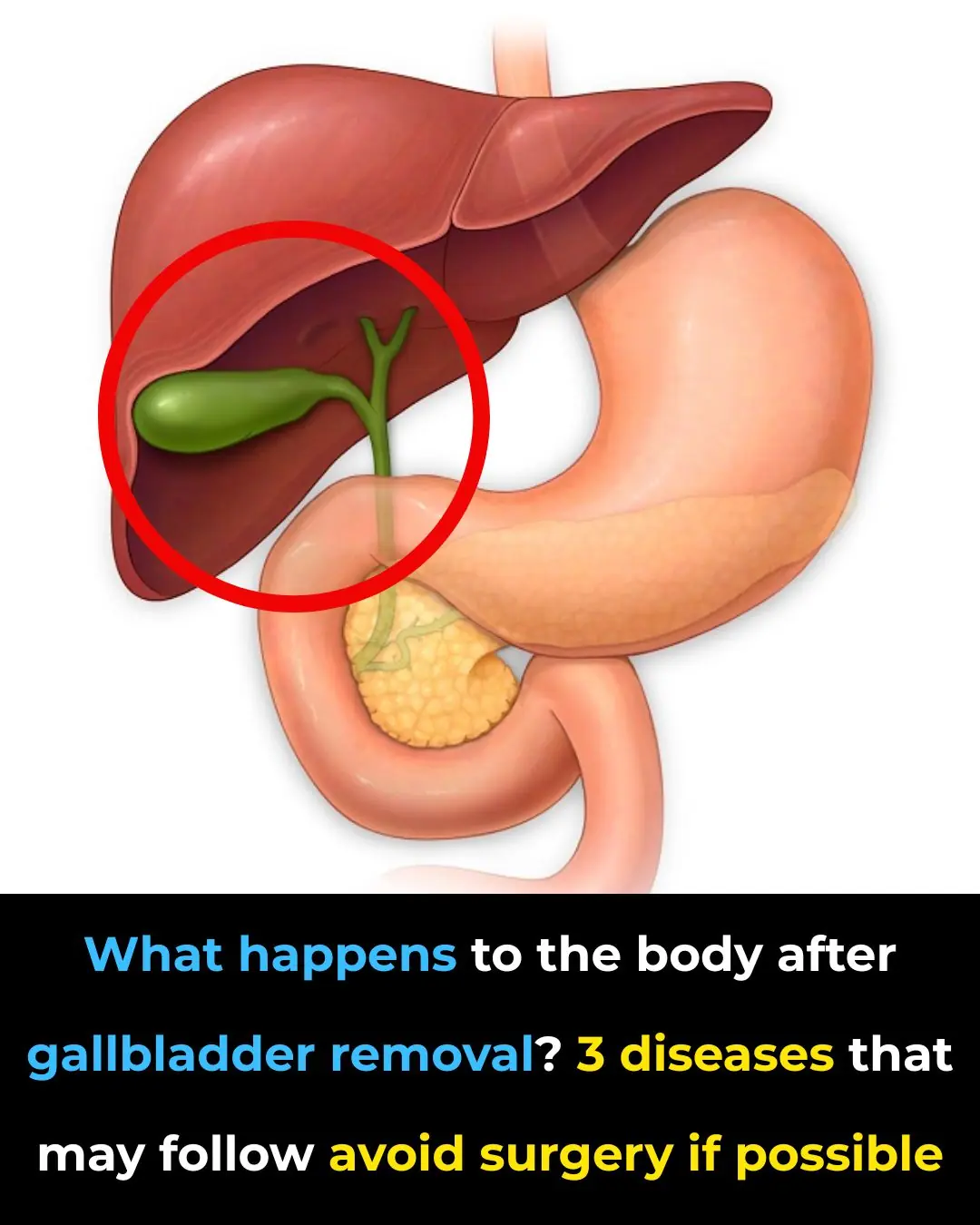
Gallbladder removal: what happens next and 3 risks to watch for

10 Warning Signs Your Kidneys May Be in Danger
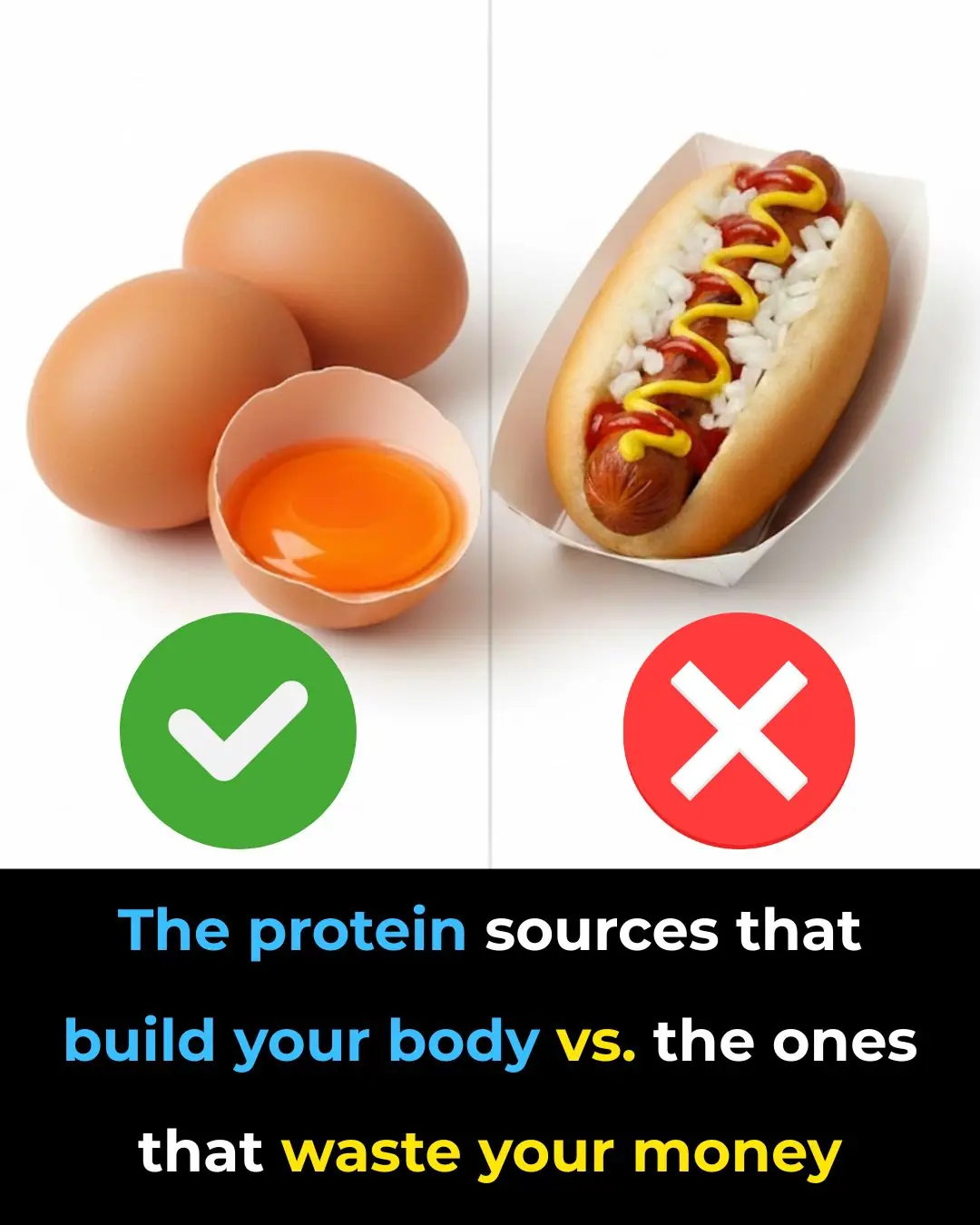
The protein sources that build your body vs. the ones that waste your money

Your pancreas could be ‘silently inflamed’ right now and you’d never know until it’s too late

6 Trigger Foods That Cause Agonizing Pain If You Have Neuropathy
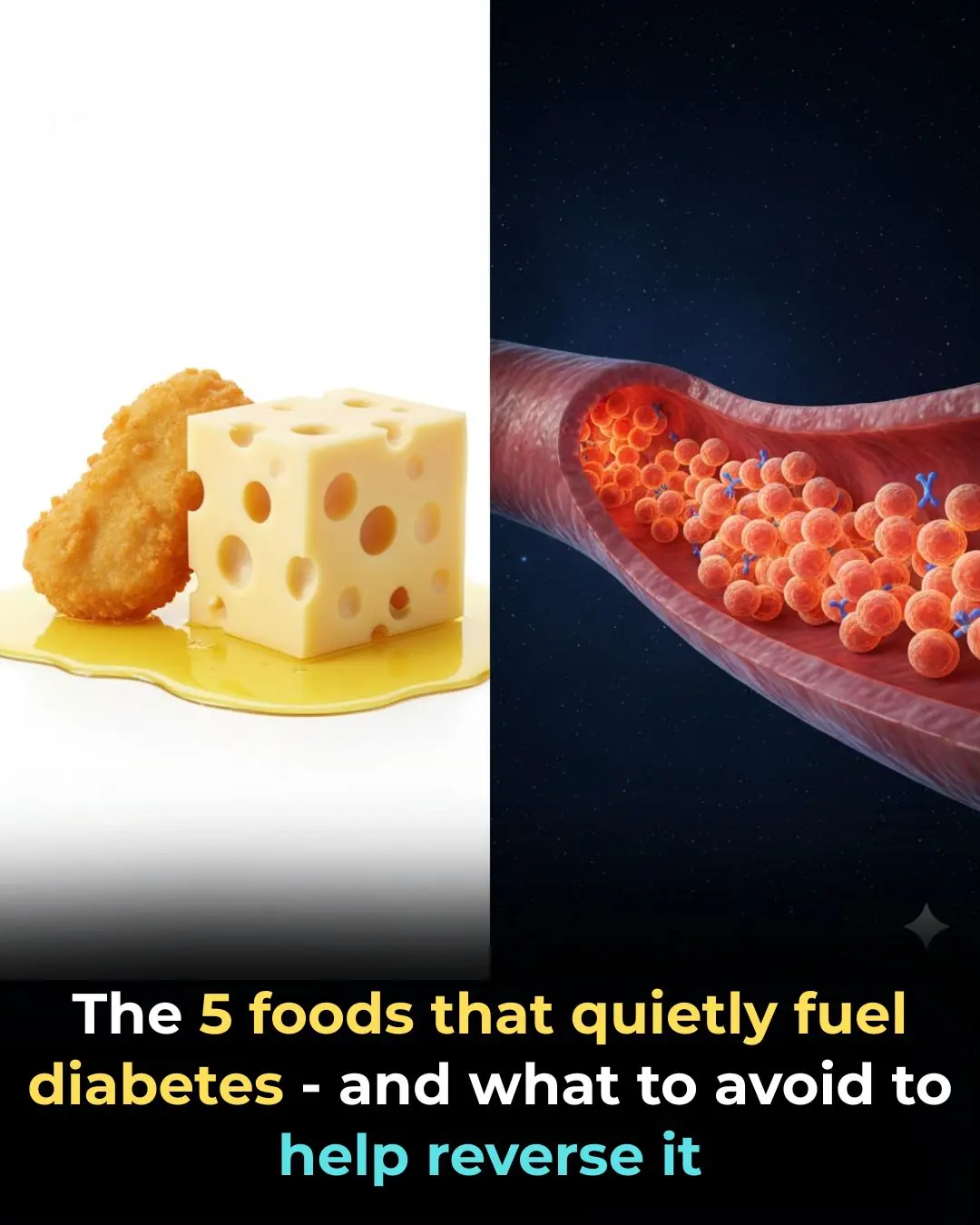
The 5 foods that quietly fuel diabetes — and what to avoid to help reverse it

What if you ate 4 eggs a day with the yolks for 30 days

The Plant That Kills Cancer Cells, Stops Diabetes And Boosts Your Immune System!

The Ultimate DIY Clove Skincare Routine
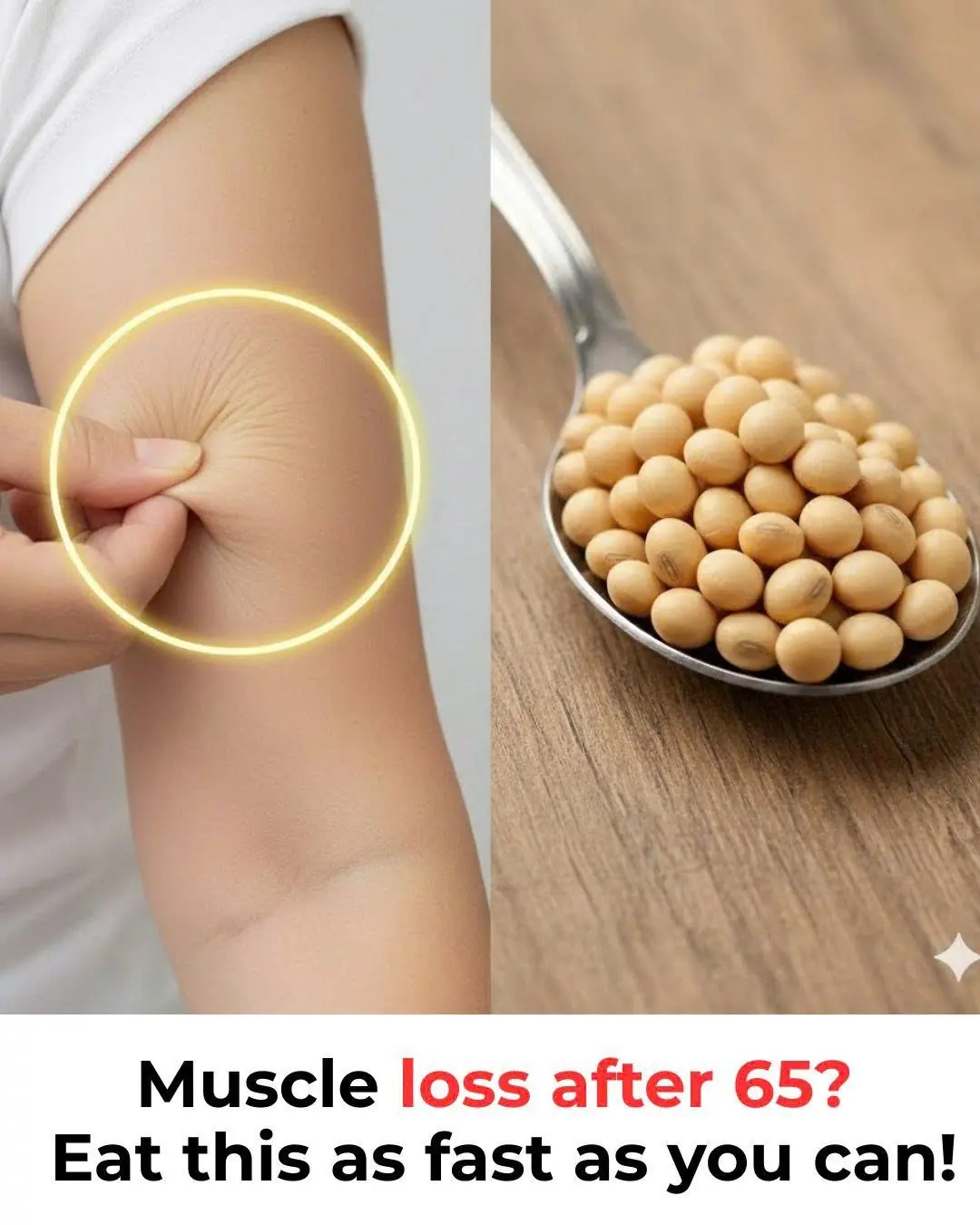
Foods That Are Beneficial For Strengthening Muscles In Old Age

Why Staying Up Past Midnight Can Harm Your Brain
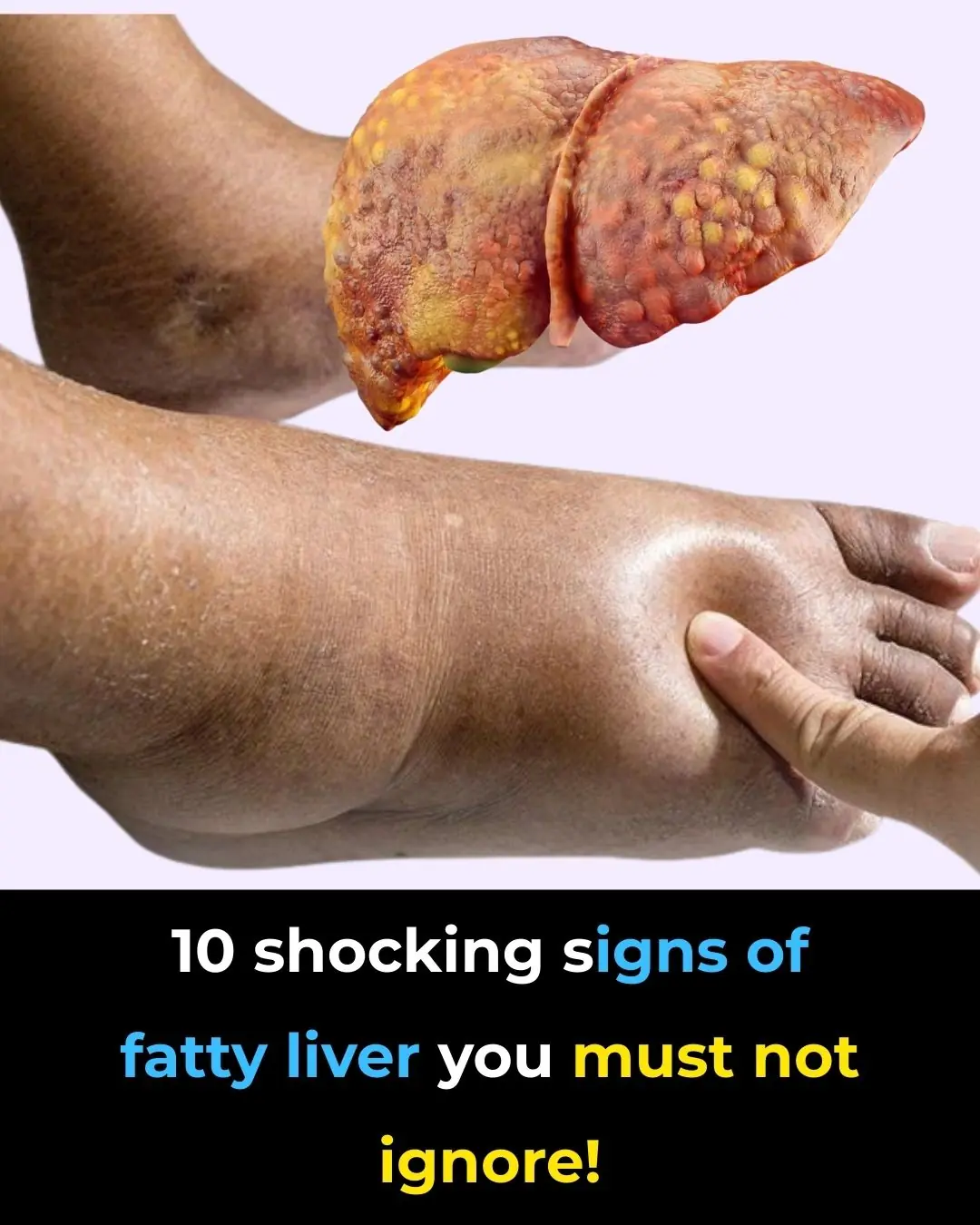
10 shocking signs of fatty liver you must not ignore!

The simple, natural method to relieve constipation and gas fast (no laxatives needed)

The 5 foods that quietly fuel diabetes — and what to avoid to help reverse it
News Post

First Person Cured of Type 1 Diabetes Using Stem Cell Therapy: A Groundbreaking Medical Achievement

Gray Hair: A Natural Defense Against Cancer, New Study Suggests

The Best Tea to Start Your Morning and After Dinner: A Powerful Blend for Wellness

Why Placing Borax on Wax Paper Under Your Fridge Works: A Full Guide

Young Student's Determination to Support His Education Inspires Viral Act of Kindness

Lavender Oil and Baking Soda: A Natural DIY Air Freshener Backed by Science (Full SEO Article)

MIT Scientists Develop Injectable Gel to Regenerate Damaged Nerves and Restore Sensation

How Attention Shapes Reality: The Neuroscience Behind Focus and Perception

From Fear to Trust: A Dog's Journey of Healing and Love

Cleaning the TV with tissue paper or plain water is a mistake. Use this to clean the dust and not scratch the screen

Bananas can't be eaten in time when bought. Do this so they won't be dark or overripe all week

A Powerful Mixture for Cleansing Your Liver (2 Ingredients)

Studies Link Soda To Depression, Kidney Damage, Heart Attacks And Brain Damage

The Plant That Kills Cancer Cells, Stops Diabetes And Boosts Your Immune System!

Frequent Daytime Naps Linked to Larger Brain Volume and Healthier Aging

7 powerful vitamins you need for strong, healthy legs

Study Reveals: Parents of Sons Experience Sharper Cognitive Aging

10 signs you’re eating too much sugar

Gallbladder removal: what happens next and 3 risks to watch for
